
AI
Advertisement
A study aimed to assess RIPK3 inhibition in acute glaucoma using AI.
A groundbreaking study has demonstrated that artificial intelligence can enhance breast cancer detection rates by almost 20%.
An AI-based tool demonstrated superior performance in the diagnosis of head and neck squamous cell carcinoma.
Dr. Ted Kung discusses the RESTORE Neuromuscular Interface System for patients with upper limb loss.
Alister Campbell, of Dotmatics, details how artificial intelligence is changing the drug discovery process.
Dr. Chadi Nabhan delves into the realm of AI and its impact on drug development with Dr. Adam Petrich.
A machine learning-powered analysis of Google Street View shows how environment impacts risk of major adverse cardiac events.
Stacy Stephens explains how autonomous security robots are boosting surveillance and communication in hospitals.
A novel drug called FB1006, fully discovered and developed using AI, may effectively treat ALS.
Ischemic stroke survivors who received care recommendations from an AI-based system had fewer secondary strokes.
Nursing care is an area where human-robot collaboration will become increasingly important.
DermaSensor announced this week that the US FDA cleared its AI-based handheld device for detecting skin cancer.
James K. Min, MD, founder and CEO of Cleerly, talks about improved screening for heart disease using a digital care platform.
AI and deep learning models may be able to predict the risk of CVD events and valvular heart disease.
Kaushik Gune, head of US Healthcare Business for Huma, discussed the company's recent partnership with Google Cloud.
Dr. Ross Campbell discusses the OPERA-AI study results and how AI can be used to diagnose heart failure.
Kaushik Gune, Head of US Business for Huma, spoke with DocWire about Huma.AI, Huma's generative AI platform for healthcare.
A recent study investigated the factors underlying individual differences in cybersickness susceptibility.
DocWire News spoke with Sean Cassidy, founding CEO of Lucem Health.
Advanced Human Imaging (AHI) is an Australian-based company that uses smartphone-based human scanning technology to ...
Advertisement




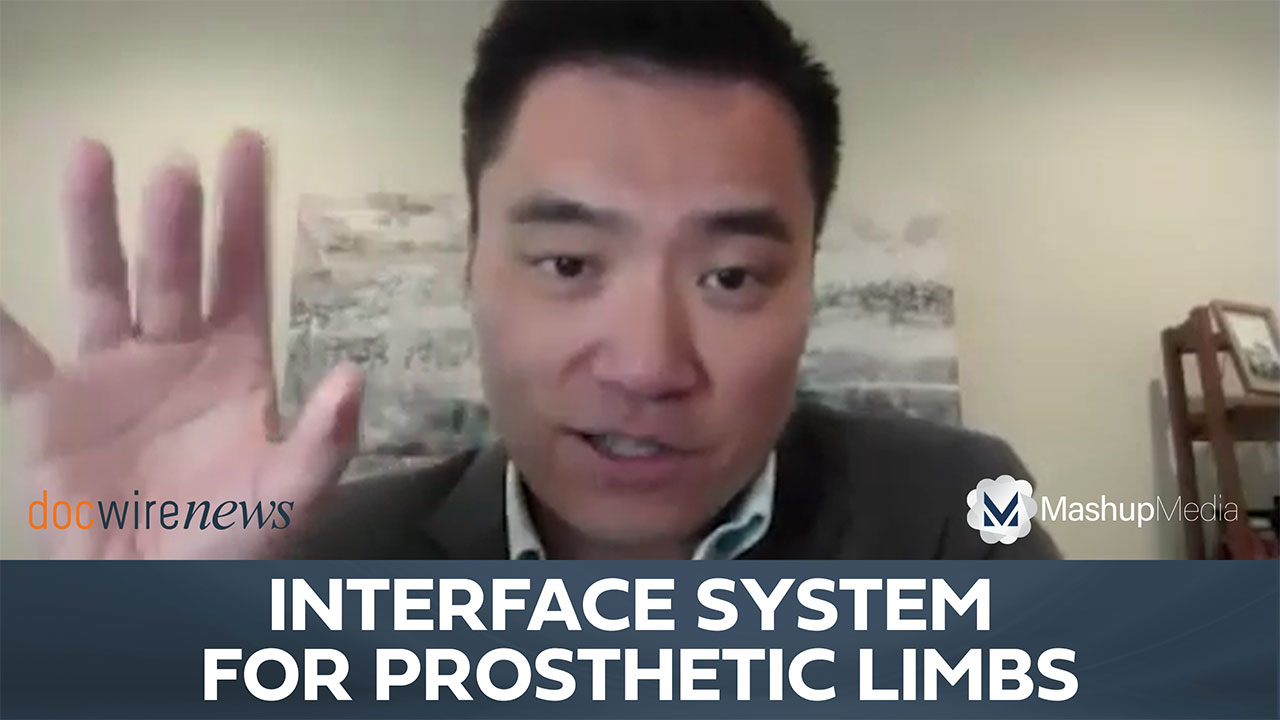
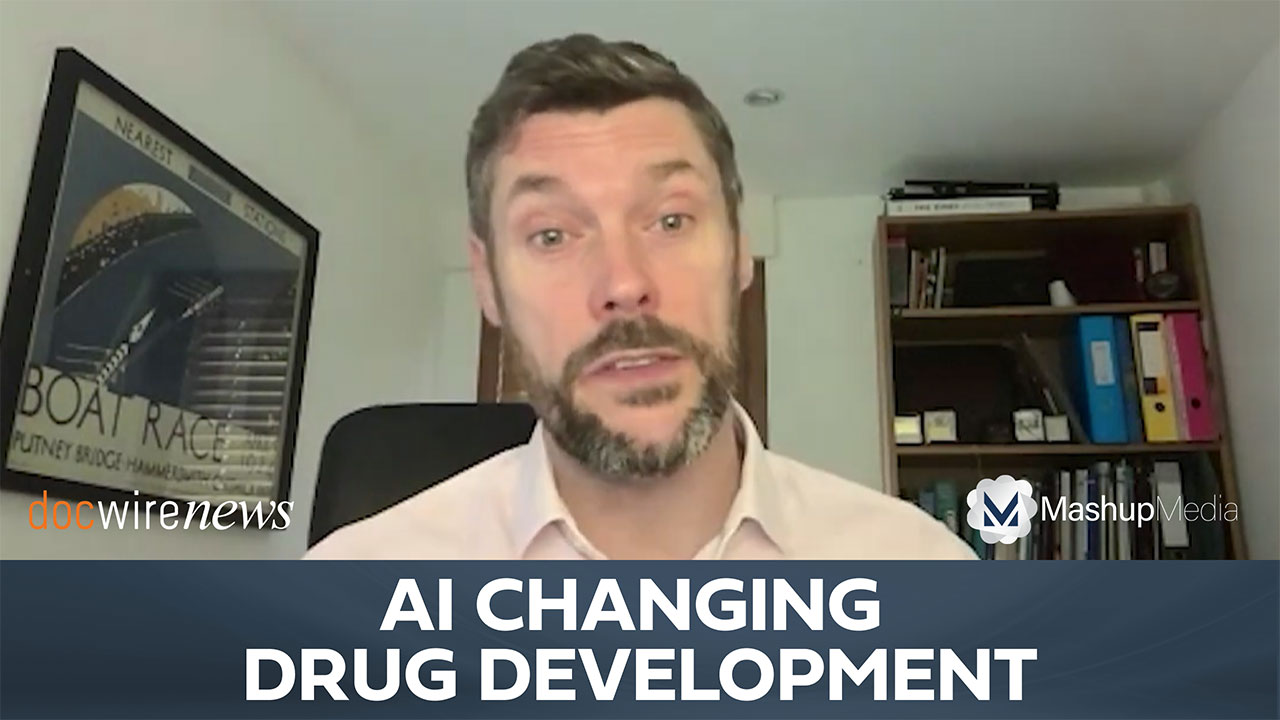
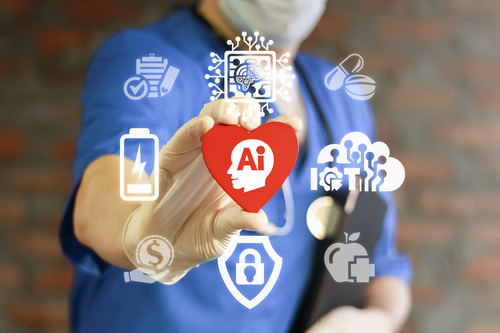

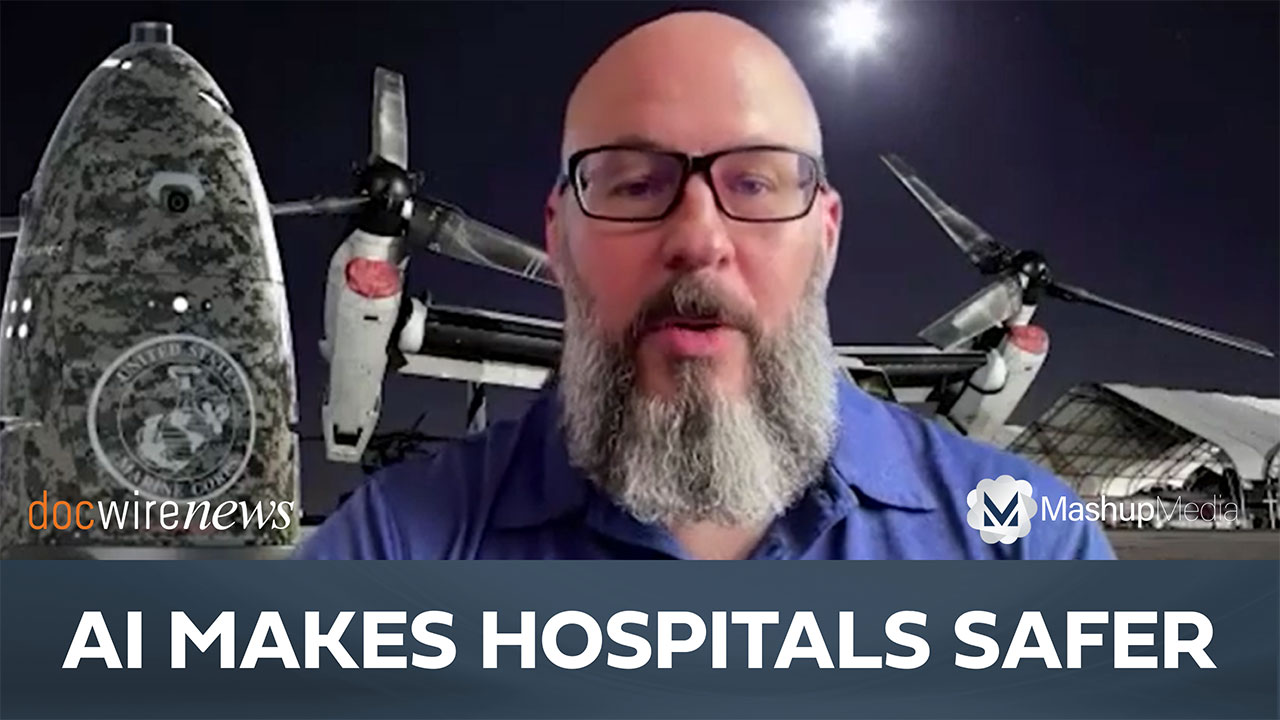

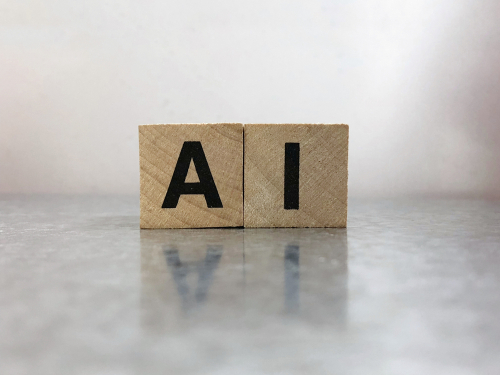
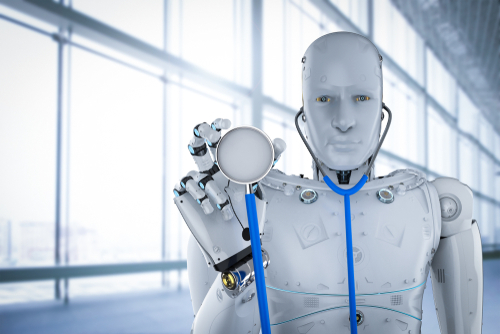

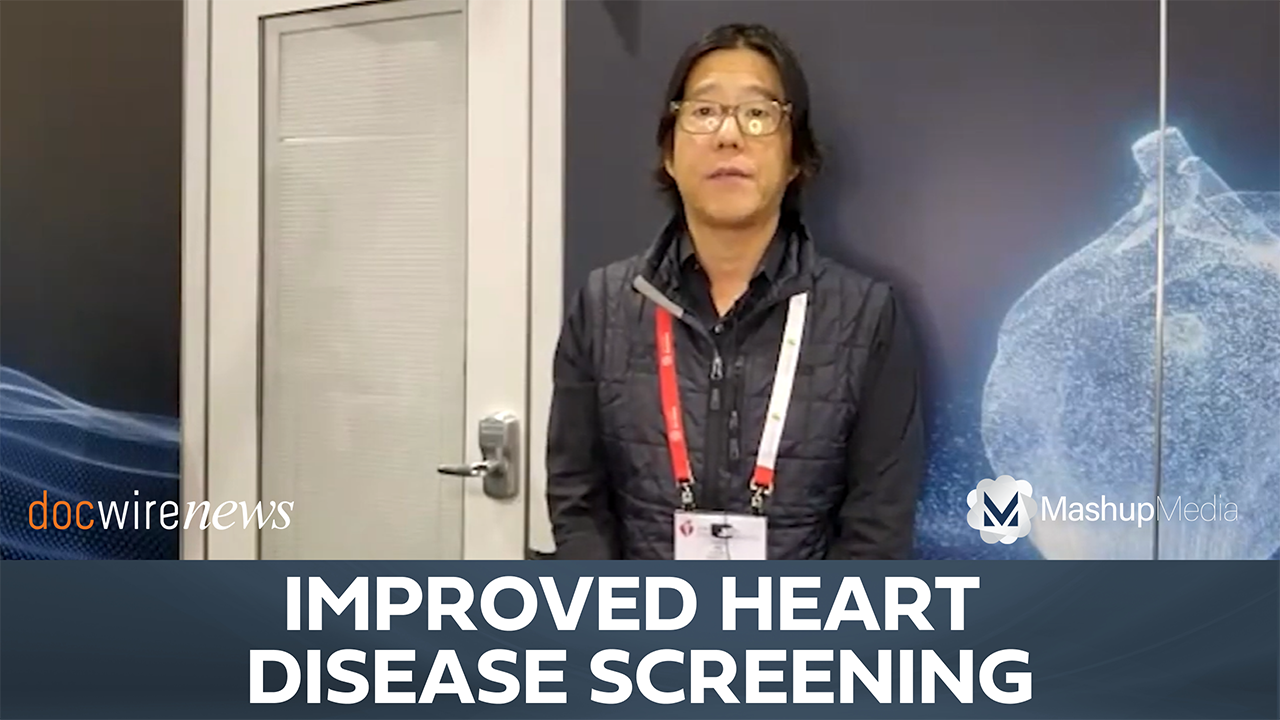
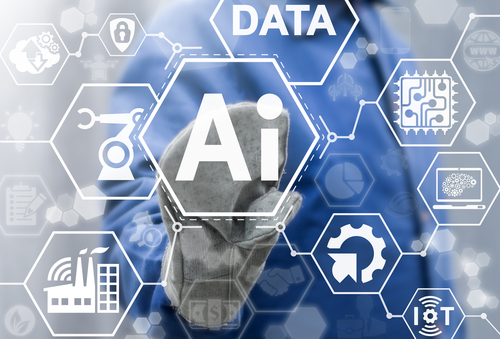


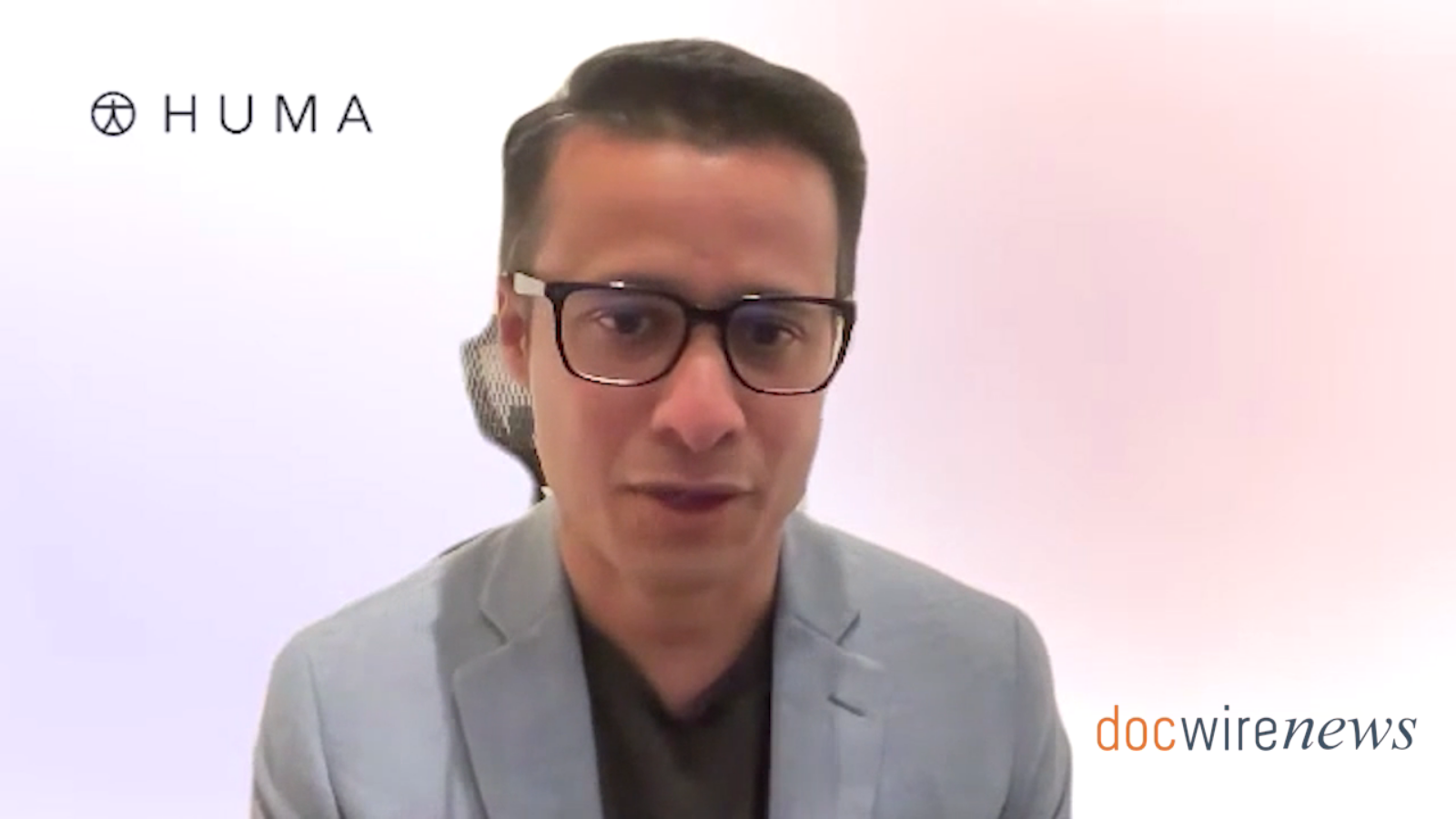
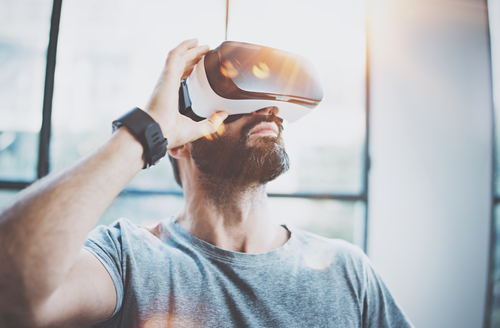



 © 2025 Mashup Media, LLC, a Formedics Property. All Rights Reserved.
© 2025 Mashup Media, LLC, a Formedics Property. All Rights Reserved.